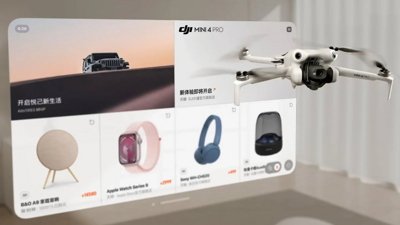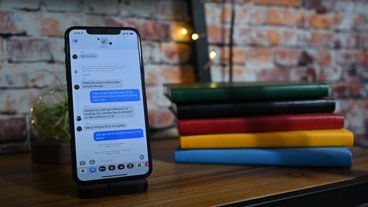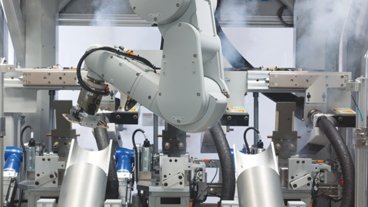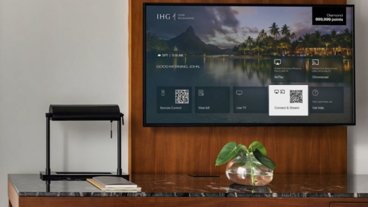Apple obtains over 200 Freescale Semiconductor hardware patents
According to a report by PatentlyO, while it is "unclear from the information now available whether Apple obtained full title to the patents and whether Apple purchased the rights or obtained them through some other type of transaction" the blog notes that "a cash purchase is likely because Apple has a large multi-billion-dollar cash surplus while Freescale has a large multi-billion-dollar debt that has come due."
The report notes that "the patents were previously mortgaged and a release of the security interest has not yet been recorded."
Freescale was once part of Motorola, and some of the patents originated at that company. Apple partnered with Motorola and IBM in the early 90s to develop PowerPC, and continued to use Motorola as a CPU supplier for its Macs through 2003, when the firm spun off its chip fab business as Freescale. Beginning in 2006, Apple transitioned its Macs to use CPUs from Intel instead.
The Freescale patents Apple appears to have acquired include a variety of technologies related to sophisticated WiFi and cellular signaling and data encoding, and include new applications filed as late as the end of 2010.
Apple has largely used its patent portfolio defensively, recently challenging Nokia's claims of patent infringement with counterclaims of its own. However, Apple has also fired a trade dress and infringement complaint against Samsung, which then retaliated with its own claims of patent infringement.
The Freescale patents suggest an effort by Apple to bolster its patent portfolio in wireless technologies, where Nokia, Samsung and other established manufactures have a large lead over the company in patented technologies.
Apple has claimed that Nokia and other companies have leveraged their patented technologies once advertised as being available under "Fair, Reasonable And NonDiscriminatory" terms to extract exaggerated monetary claims and onerous demands of rights to use Apple's proprietary technologies, in view of the fact that Apple takes in roughly half of the profits in the mobile industry despite having far more limited market share in terms of units.
 Daniel Eran Dilger
Daniel Eran Dilger










 Amber Neely
Amber Neely
 William Gallagher
William Gallagher

 Malcolm Owen
Malcolm Owen











